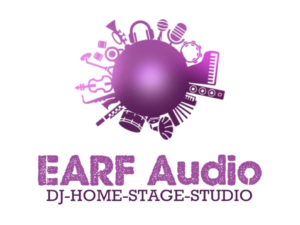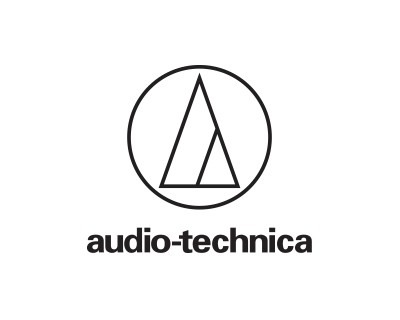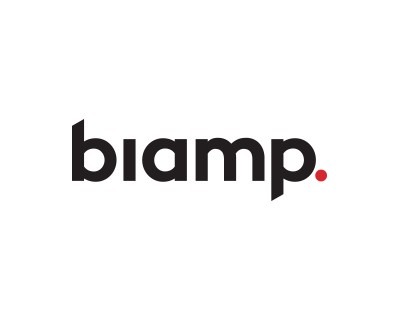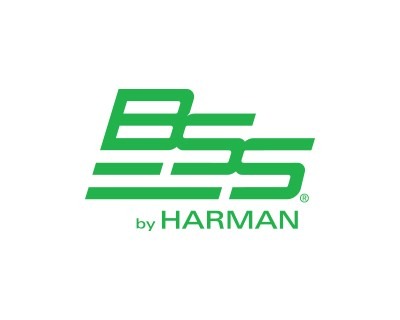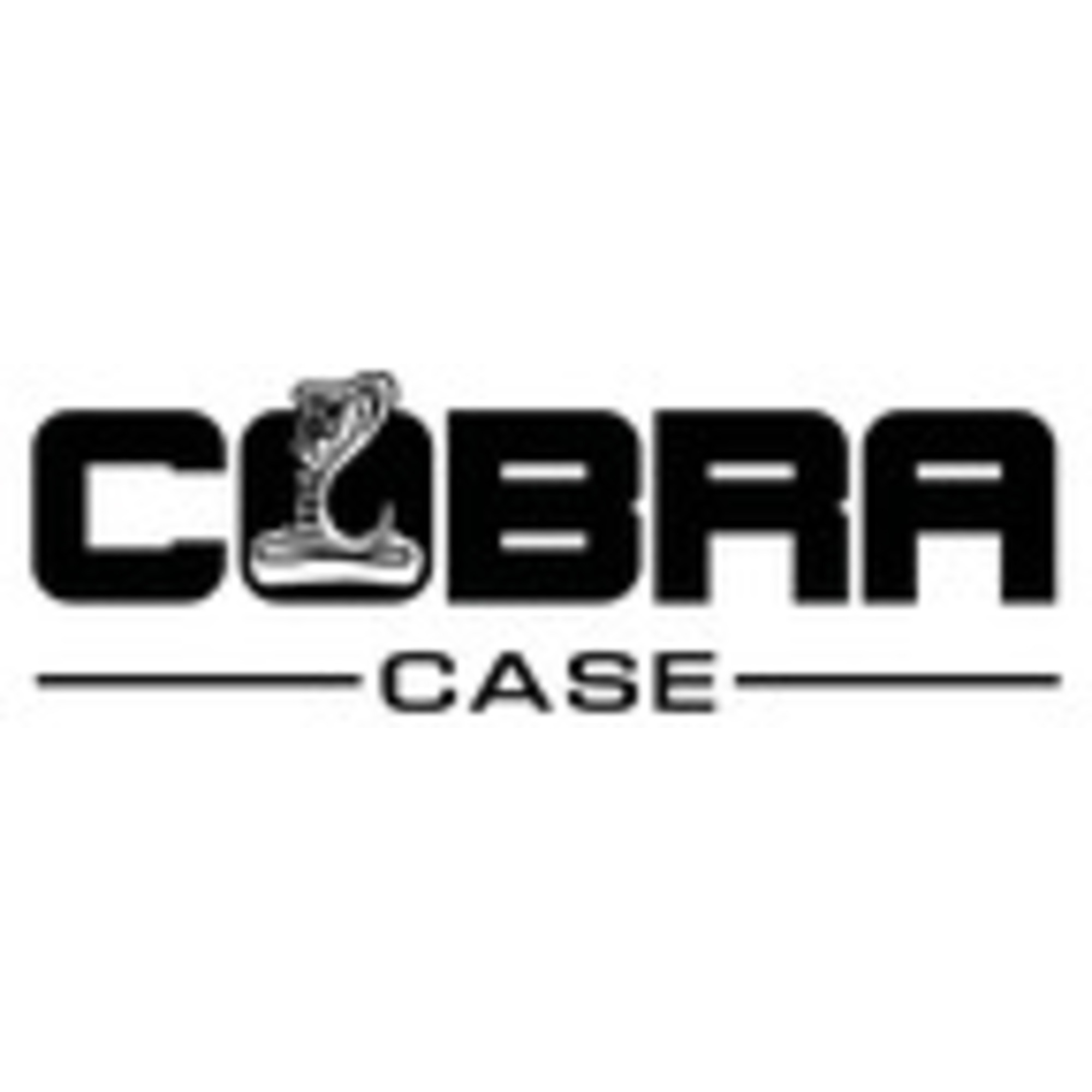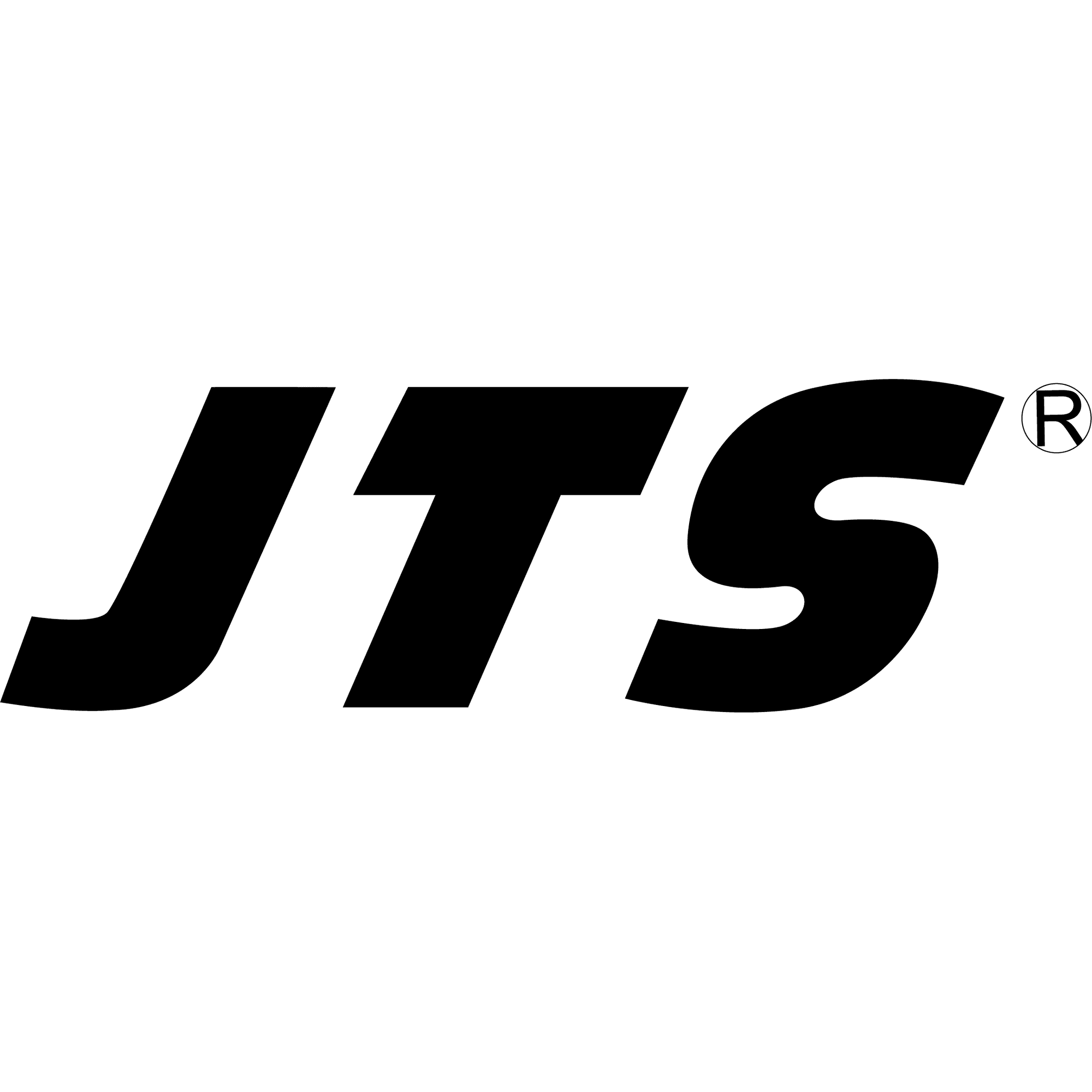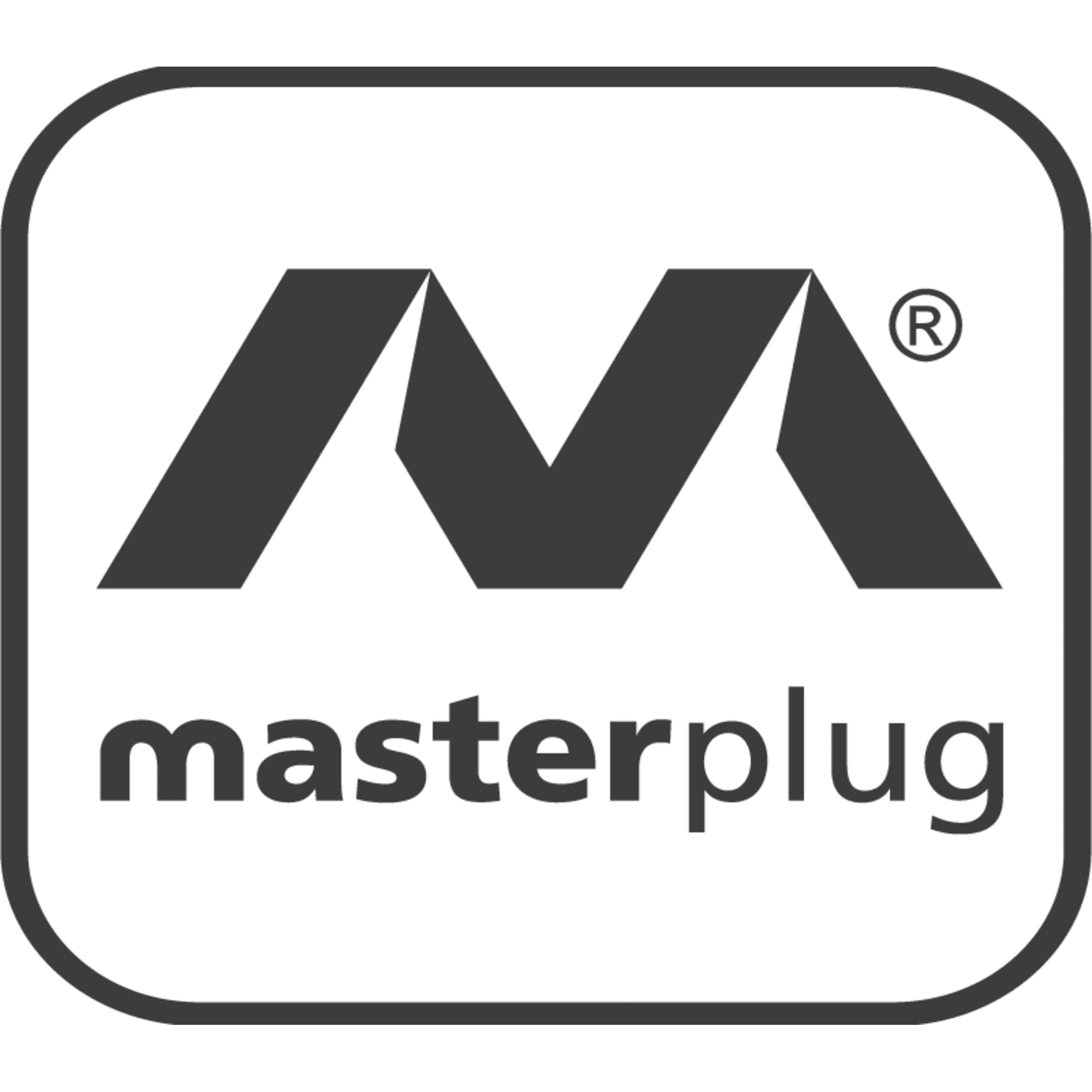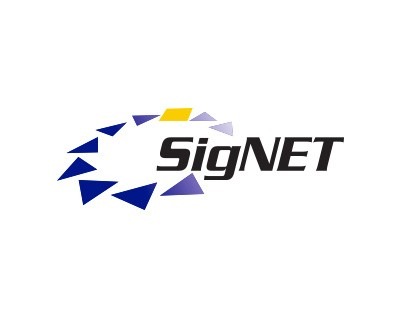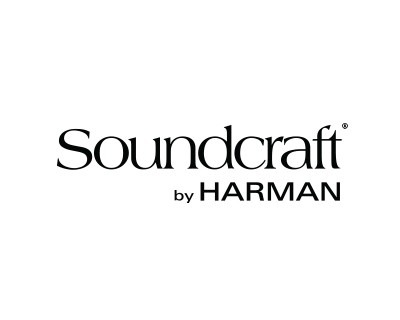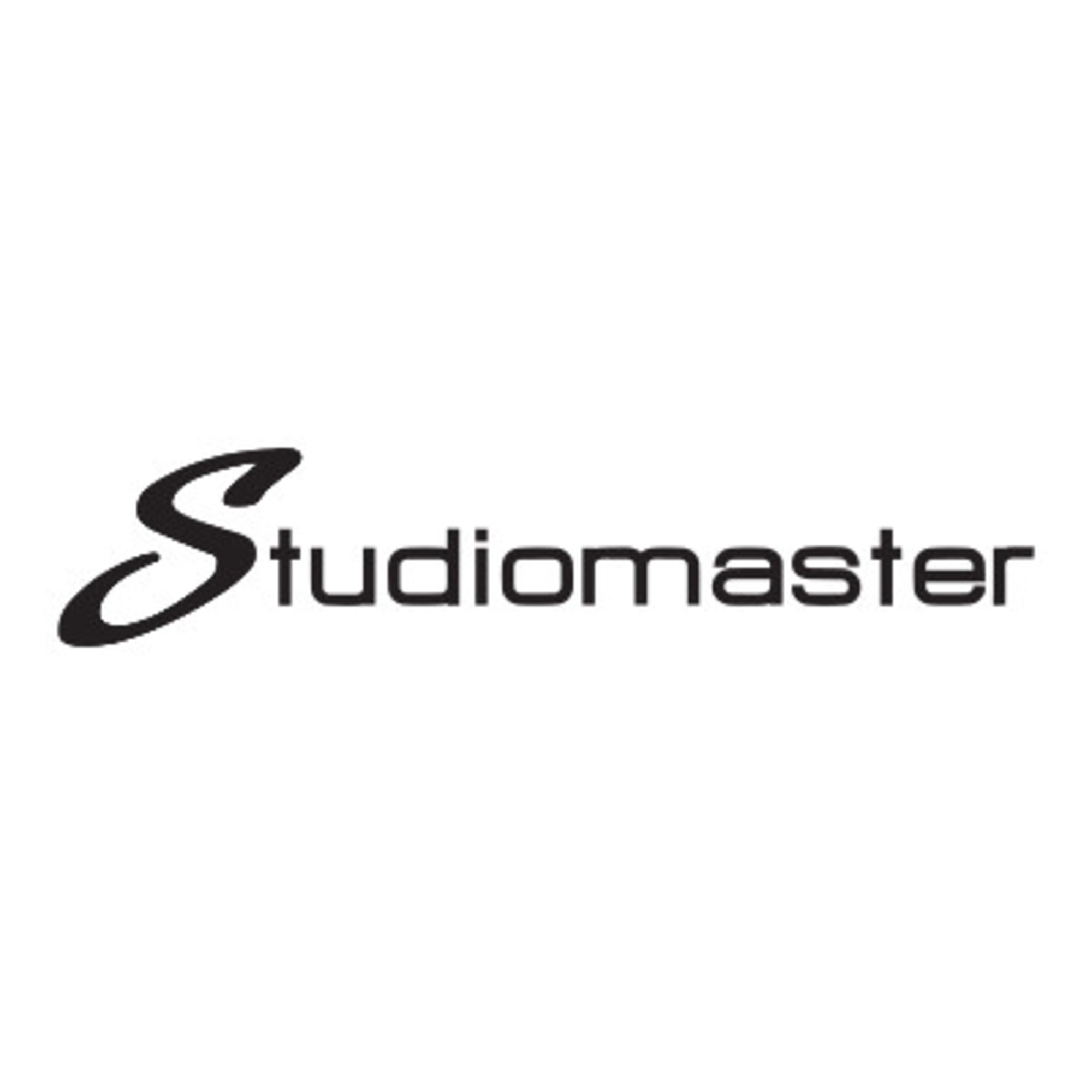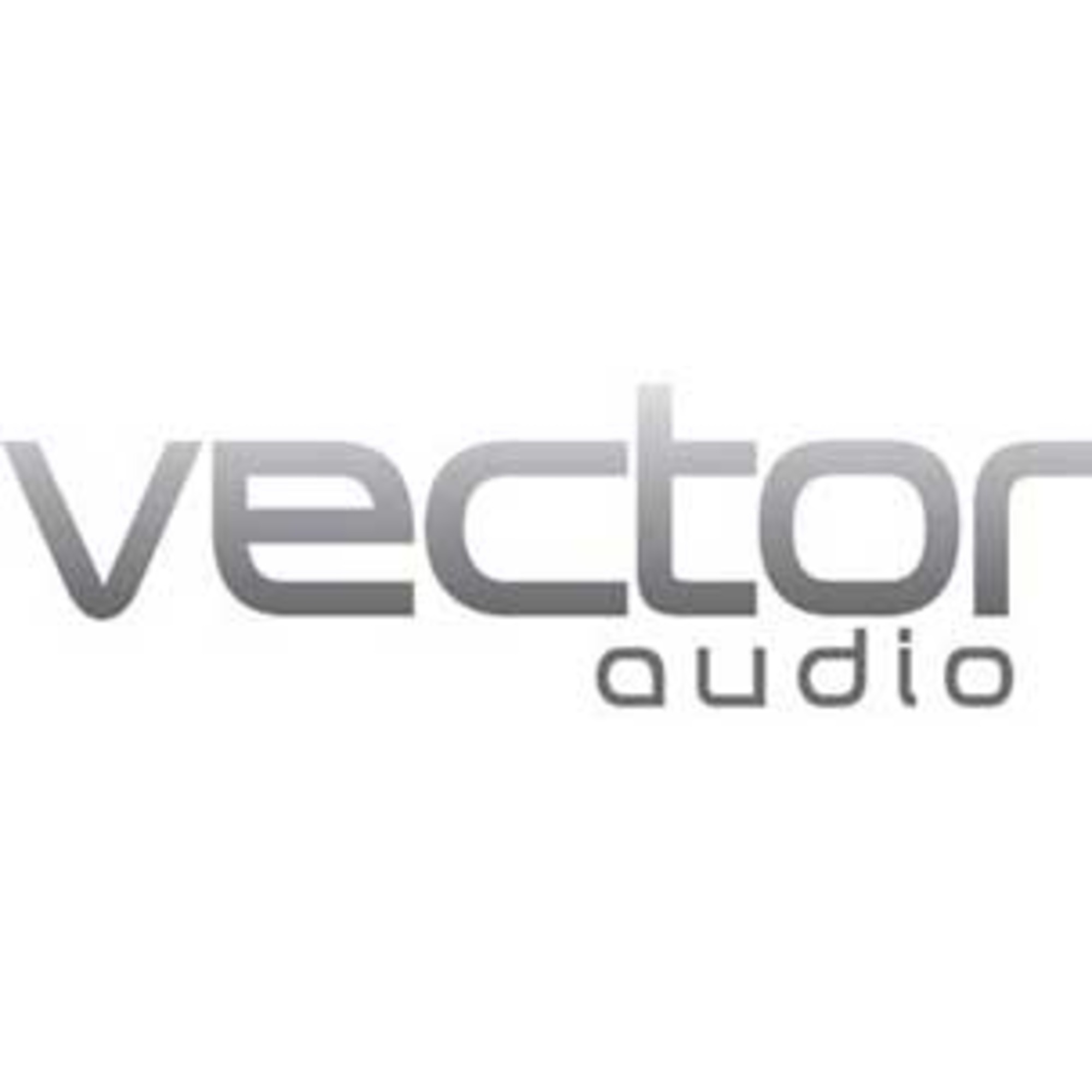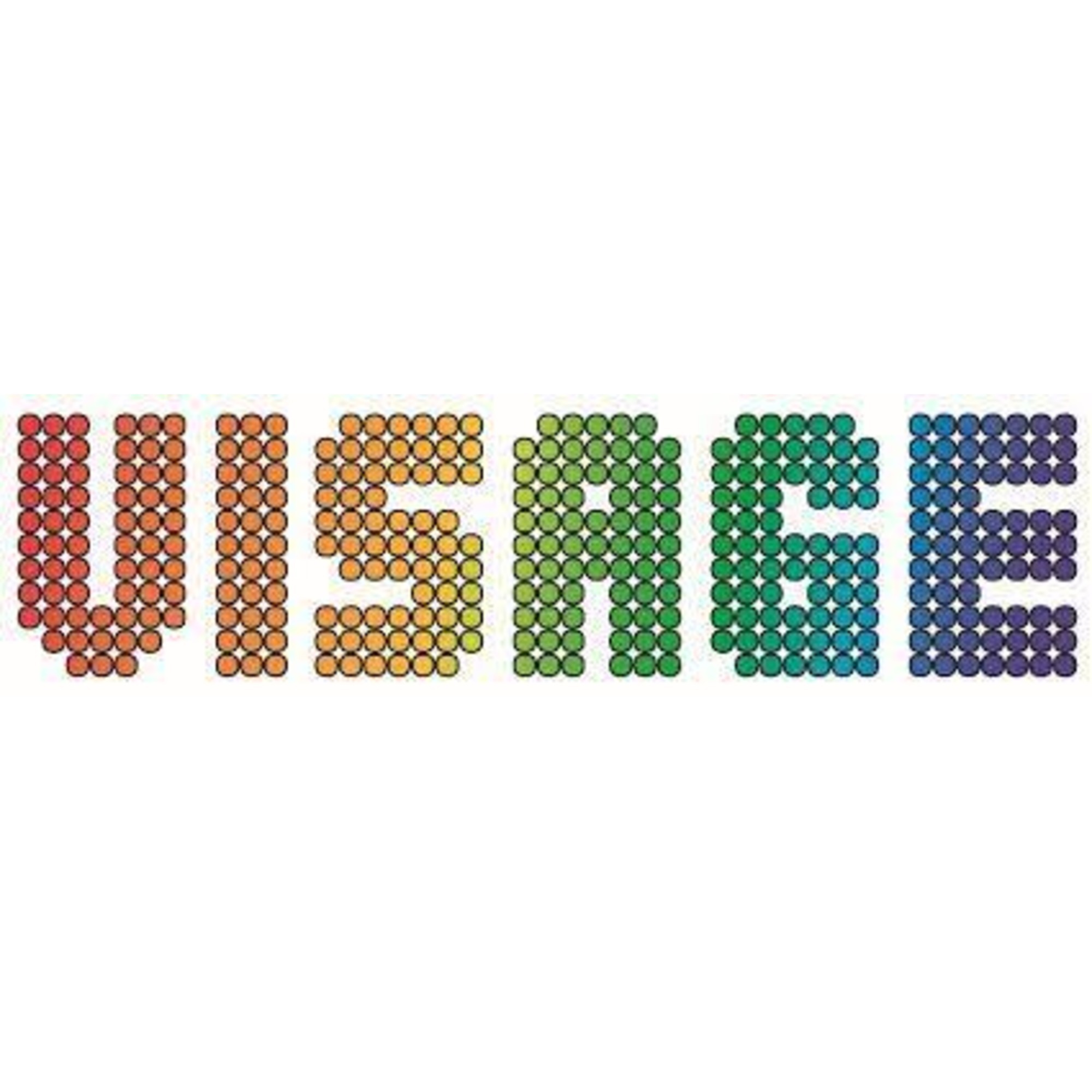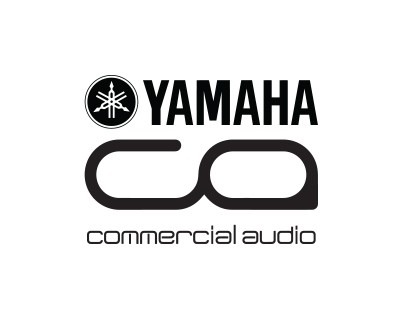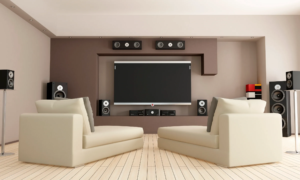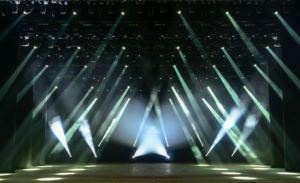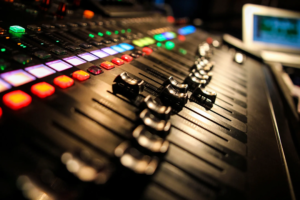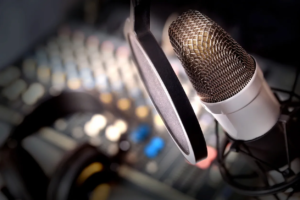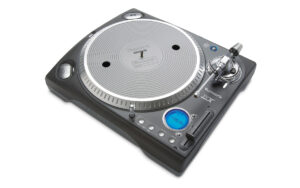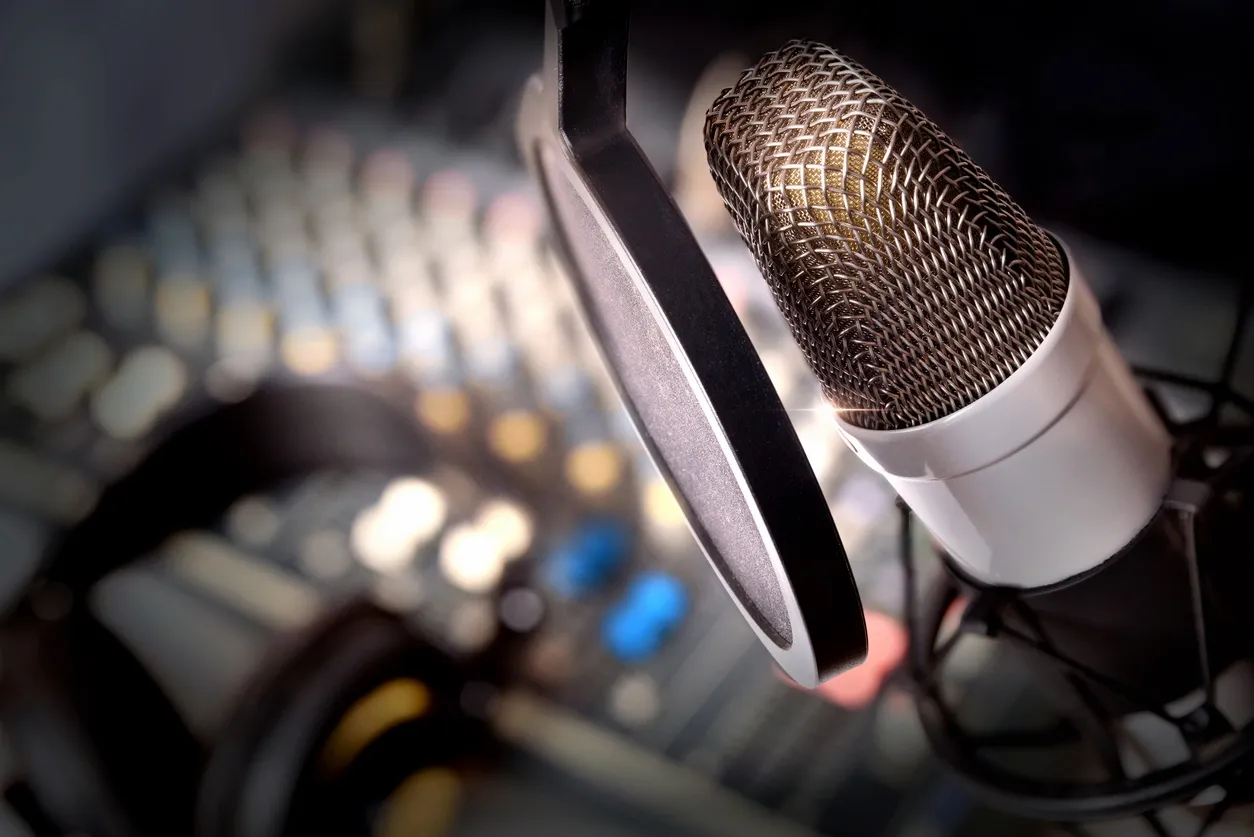Your basket is currently empty!
What do I need for a live music performance?

Staging a live music performance requires a wide array of equipment and careful planning to ensure smooth execution and an engaging experience for the audience. Here’s a comprehensive list of everything you’ll need:
Sound System
- Mixing Console
- A digital or analogue mixer to manage audio inputs, balance levels, and apply effects.
- Speakers
- Front of House (FOH) Speakers: Deliver sound to the audience.
- Subwoofers: Enhance low-frequency bass.
- Monitors
- Floor Monitors: Allow performers to hear themselves.
- In-Ear Monitors (IEMs): Wireless systems for clearer onstage sound.
- Amplifiers
- Power amplifiers to drive passive speakers or built-in amps for active speakers.
- Microphones
- Dynamic Microphones: For vocals and louder instruments like drums.
- Condenser Microphones: For delicate sounds like acoustic instruments.
- Wireless Microphones: For mobility on stage.
- Direct Input (DI) Boxes
- For connecting instruments like guitars or keyboards directly to the mixer.
- Cables
- XLR cables for microphones, TRS/TS cables for instruments, and speaker cables for connections.
- Feedback Suppressors
- To minimize unwanted noise or audio feedback.
Lighting and Visuals
- Stage Lighting
- PAR cans, LED lights, moving heads, and strobe lights for dynamic effects.
- Lighting Control System
- A DMX controller or software for synchronizing and managing light sequences.
- Spotlights
- Focus on lead performers or highlight moments.
- Special Effects
- Fog machines, hazers, or pyrotechnics for added atmosphere.
- Visuals
- Projectors or LED screens for video backdrops, logos, or animations.
- Media Playback Equipment
- For playing pre-recorded visuals or audio during the performance.
Stage Setup
- Stage Platform
- Sturdy platforms with risers for performers and equipment.
- Trussing System
- For mounting lights, speakers, and visual equipment.
- Backdrop
- Customizable banners or screens to brand the stage.
- Stage Props
- Elements like risers, podiums, or decorative props to enhance the performance.
- Drum Riser
- Dedicated elevated platform for the drum kit.
Power and Connectivity
- Power Distribution Units (PDUs)
- Reliable power management for all equipment.
- Extension Cords and Power Strips
- Ensure adequate reach for powering all devices.
- Backup Power
- Generators or uninterruptible power supplies (UPS) for power stability.
Control Booth and Crew
- Sound Engineer
- Manages the audio mix and ensures clear sound throughout the venue.
- Lighting Technician
- Operates and synchronizes lighting effects.
- Stage Crew
- Sets up and manages equipment transitions during the show.
- Monitor Engineer
- Adjusts onstage sound for performers.
- Stage Manager
- Coordinates the entire performance flow.
Performer Needs
- Instruments
- Guitars, basses, keyboards, drum kits, or other instruments required for the performance.
- Stands
- Microphone stands, instrument stands, and sheet music stands.
- Tuning Equipment
- Tuners, drum keys, and pedalboards.
- Setlists and Charts
- Printed or digital copies for performers.
- Refreshments
- Water and snacks for hydration and energy.
Audience Engagement
- PA System
- A public address system for announcements or emceeing.
- Crowd Barriers
- For safety near the stage.
- Signage
- Clear directions for entry, exits, and facilities.
- Merchandising Booth
- Space to sell band merchandise and promotional items.
Safety and Compliance
- Rigging Safety Equipment
- Ensure trusses and heavy equipment are securely mounted.
- Fire Extinguishers
- Strategically placed in case of emergencies.
- First Aid Kit
- For any minor injuries during the event.
- Insurance
- Liability coverage for equipment, staff, and attendees.
- Emergency Exits
- Clearly marked and accessible at all times.
Rehearsal and Preparation
- Soundcheck
- Test all equipment and levels before the show.
- Backup Equipment
- Spare microphones, cables, and instruments.
- Set Rehearsal
- Run through transitions, cues, and key moments.
By gathering and properly managing this equipment and support, you’ll ensure a successful and memorable live music performance.


